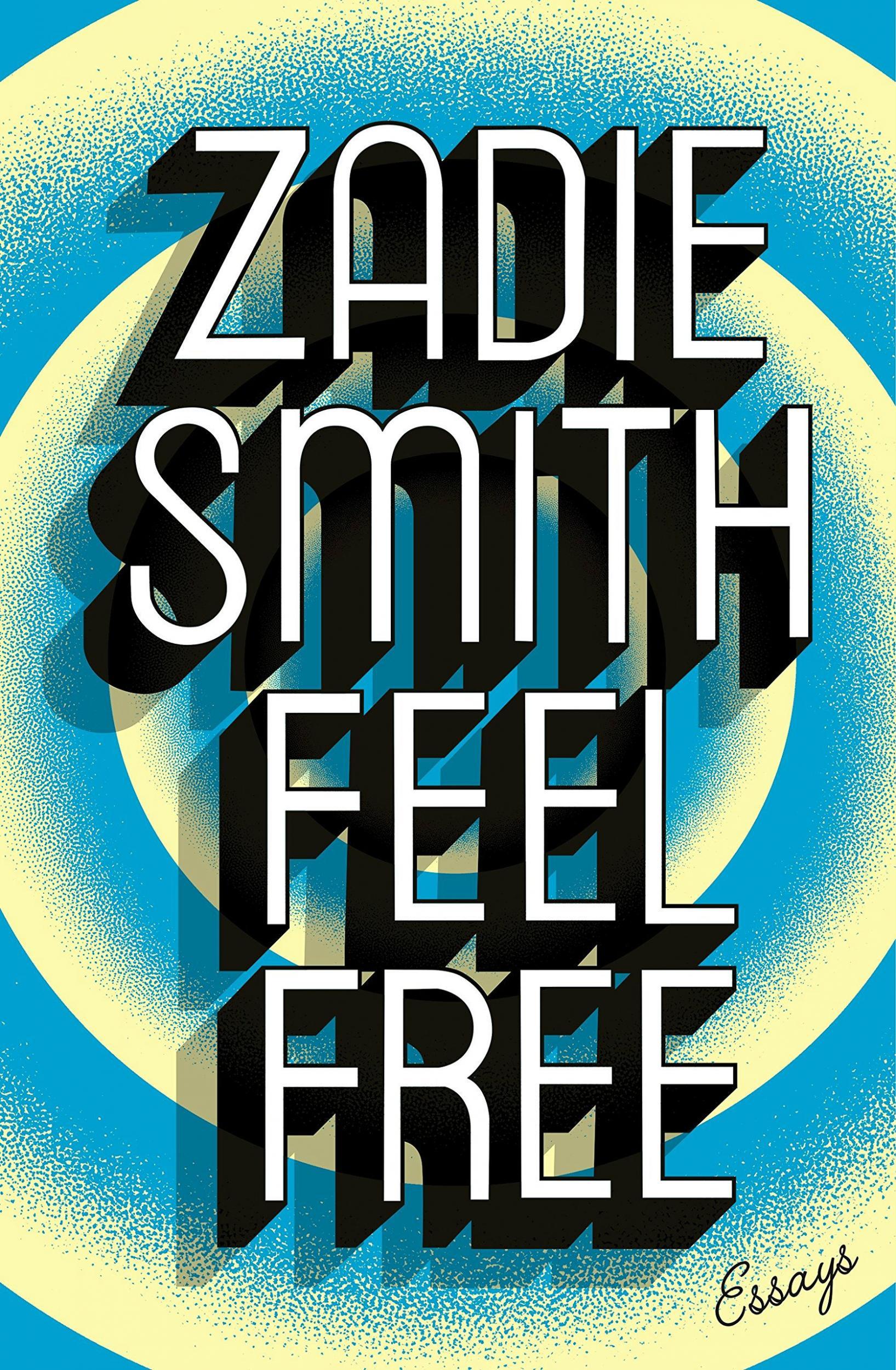Feel Free: Essays by Zadie Smith, book review: They showcase some of Smith’s best writing
A collection of Smith’s writing from the past eight years, much be familiar to readers, but with 31 pieces, readers are certainly getting their money’s worth

A new Zadie Smith essay – regardless of whether it’s her acclaimed “Fences: A Brexit Diary”, initially published in the New York Review of Books shortly after the referendum; or her controversial Harper’s piece “Getting In and Out”, on black pain and cultural appropriation through a consideration of Jordan Peele’s debut feature Get Out and Dana Schutz’s painting of Emmett Till Open Casket – is always cause for excitement.
As such, many of the pieces published here in Feel Free – a collection of Smith’s writing from the past eight years – will most likely be familiar to readers. Not that it isn’t both a pleasure and a source of ongoing instruction to return to the work: re-reading “Fences” now, for example, invoked in me a deeper sense of shame and loss than the immediate shock and anger tied up in my first reading 18 months ago.
There’s also something arresting about the collection as a whole. With 31 pieces, readers are certainly getting their money’s worth: essays, book reviews, six months of Harper’s columns, pieces written for exhibition catalogues, a lecture and three book introductions (JG Ballard’s Crash, Hanif Kureishi’s The Buddha of Suburbia, and one about Jerry Dantzic’s photos of Billie Holiday).
Considering the latter, they showcase some of Smith’s writing’s best features – her inclination to clearly say what she sees before delving into the complexities of meaning. There’s an unexpected guilelessness to this particular opening line – “I met JG Ballard once – it was a car crash.” Who, but Smith, could get away with such innocent audacity? Kureishi’s novel, meanwhile, turned a teenage Smith’s relationship to literature upside down: “I thought an English sentence was a kind of cat-o’-nine-tails, to be used, primarily, as a tool for whipping children into submission. I didn’t know you could speak to a reader like this, as if they were your equal – as if they were a friend.” Then there’s the “ventriloquy” she employs in her introduction to the Billie Holiday book, the final lines of which pack one hell of a punch: “Once you almost said – to a sneaky fellow from the Daily News, who was inquiring – you almost turned to him and said, Motherf***er, I am music. But a lady does not speak like that, however, and so you did not.”
“Writing exists [for me],” Smith explains in the foreword to the collection, “at the intersection of three precarious, uncertain elements: language, the world, the self.” She pirouettes between them here – “Dance Lessons for Writers”, on the connections between writing and dancing, is one of the most exhilarating pieces here – considering “the world” through a rich variety of subjects: literature, film, Jay-Z, Balthasar Denner’s Alte Frau, the gardens of Florence and Rome, Justin Bieber and Martin Buber (the Jewish philosopher).
The piece that struck me the most though – perhaps because I hadn’t read it before, perhaps because it offers the intimacy she so often pulls back from – was “The Bathroom”, a deeply personal, extremely astute essay about intergenerational guilt and the emotional violence that lies at the heart of every family home.
Zadie Smith’s ‘Feel Free: Essays’ is published by Hamish Hamilton, £20
Join our commenting forum
Join thought-provoking conversations, follow other Independent readers and see their replies
Comments
Bookmark popover
Removed from bookmarks